Hyundai Breaks Ground On $5.5 Billion EV Plant In Georgia

Hyundai’s North American EV manufacturing efforts have officially kicked off.
Located in Savannah, Georgia, this new plant marks the start of Hyundai’s EV US manufacturing plans. The groundbreaking started this Tuesday (October 25) and it’s the start of a combination of battery manufacturing and (electric) vehicle manufacturing plant. The State of Georgia threw $1.8 billion worth of incentives at the brand, and in turn, Hyundai promised 8,100 jobs provided in the state. This factory is only part of Hyundai’s effort to expand in the state.
This isn’t a cheap plant; in all, it’s expected that this plant will set Hyundai back to the tune of $5.54 billion. At its peak, the plant should churn out a whopping 300,000 EVs per year, and five or six different EV models, Hyundai told some news outlets. In theory, the plant should be officially up and running by January 2025, but Hyundai admitted that if the plant was up and running sooner, vehicles could trickle their way out of the factory as soon as Q3 of 2024.
Hyundai needs all the EV US manufacturing it can get. The US is one of Hyundai’s most important EV markets, but the passing of the Inflation Reduction Act disincentivizes any non-North American-made EV. Given that all of Hyundai’s current EV offerings are made in Korea, no Hyundai offering is eligible for the $7,500 plug-in tax credit anymore. Hyundai has felt the effects too, with a 14% drop in Ioniq 5 sales, and strong political-diplomatic dialogue between South Korea and the US.
Become an AutoGuide insider. Get the latest from the automotive world first by subscribing to our newsletter here

Kevin has been obsessed with cars ever since he could talk. He even learned to read partially by learning and reading the makes and models on the back of cars, only fueling his obsession. Today, he is an automotive journalist and member of the Automotive Press Association. He is well-versed in electrification, hybrid cars, and vehicle maintenance.
More by Kevin Williams



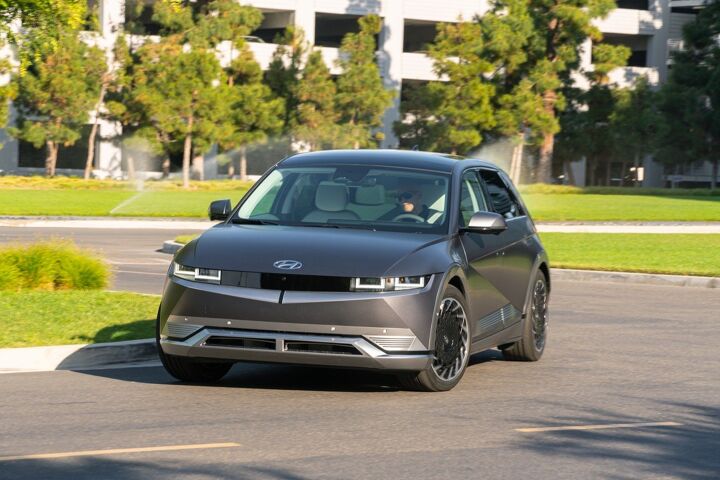











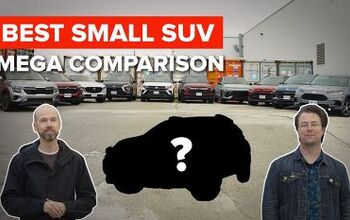


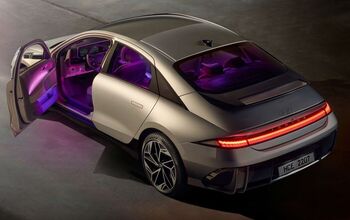
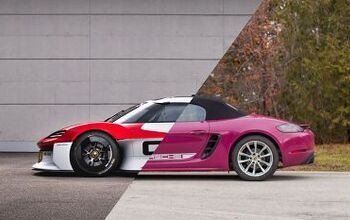
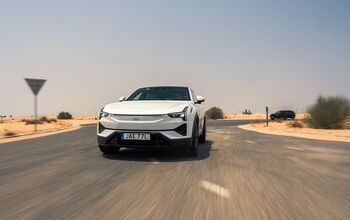
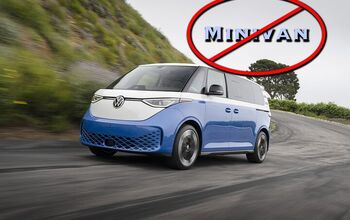
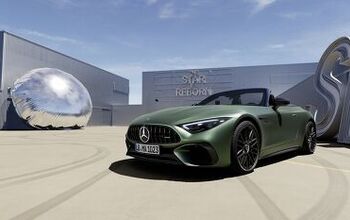
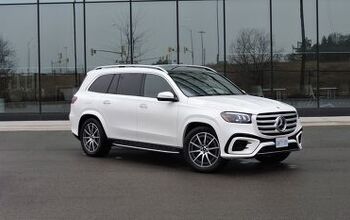
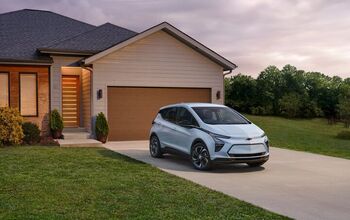
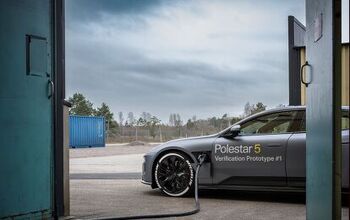


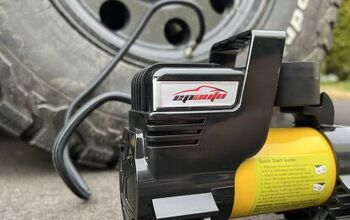
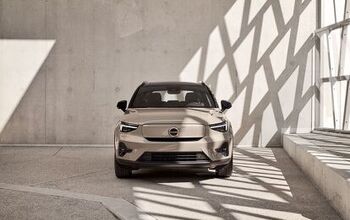
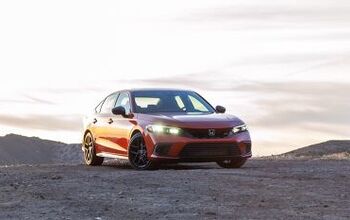
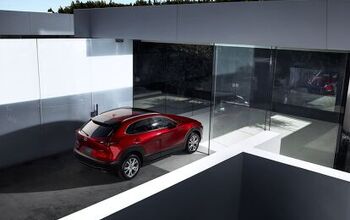
Comments
Join the conversation